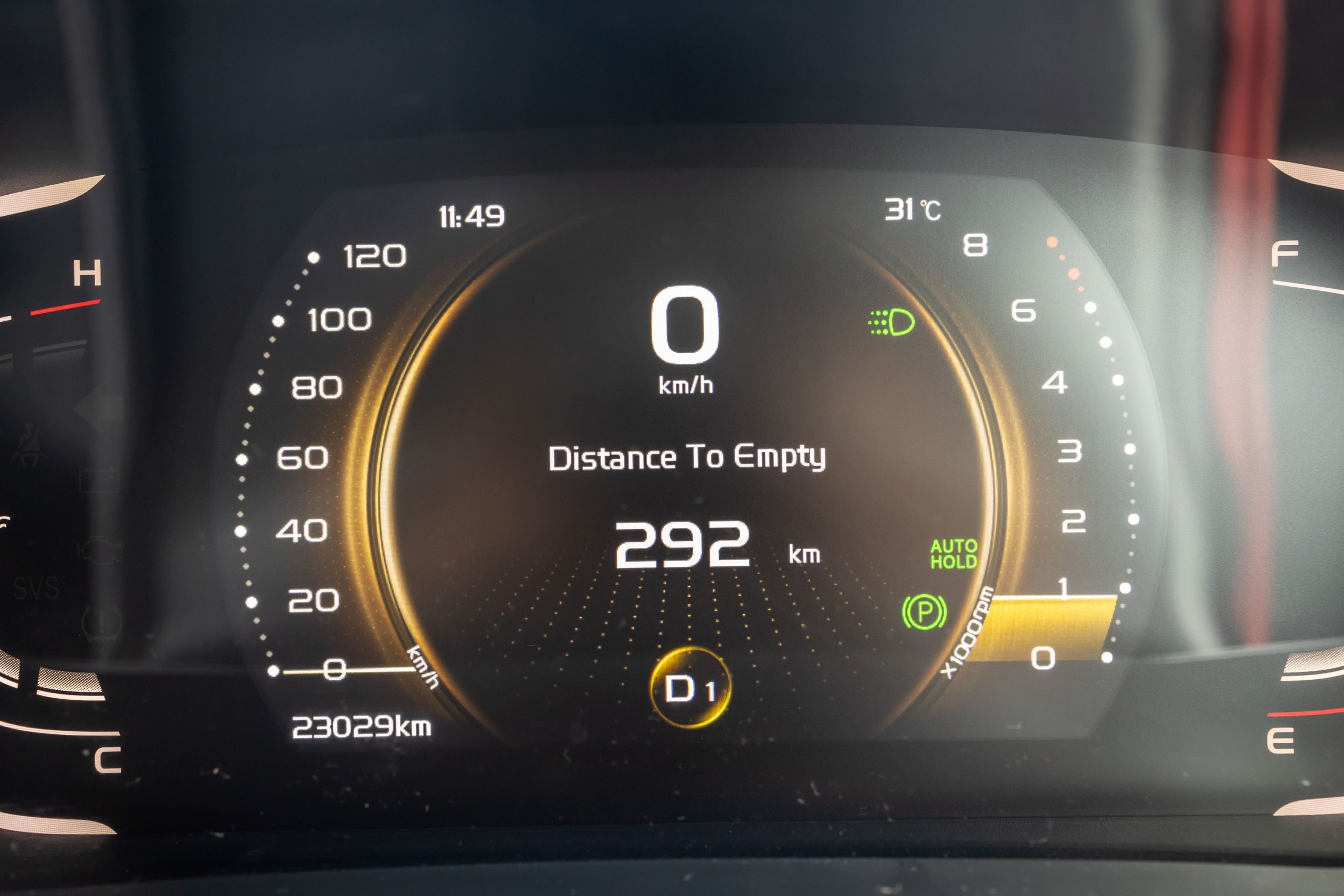The Austrian economist, Joseph Schumpeter, is most commonly known for his concept of “creative destruction,” which to paraphrase very broadly, refers to new industries sprouting up to take the place of old industries.
The music industry is a perfect example. Vinyl records were replaced by Compact Discs, which were later replaced by MP3 players. The shelf life of MP3 players was relatively short as digital music took over. I’m not sure what will replace digital music, but I am pretty sure something will come along.
Throughout the destruction and then creation of these industries lies real people. Those able to adapt to new technologies benefit while those who do not adapt – including employees who are unable to re-train to keep up with new work requirements – suffer. While a greater good may be achieved as a whole, there inevitably are individuals who will not benefit.
Another industry that has gone through creative destruction is the media; more specifically, print newspapers and static news reports (local 11pm news, for example). Both of these suffer from not being able to keep up with a 24-hour news cycle. Today’s print newspaper generally contains nothing that you would not have heard about via the internet, social media, or the 24-hour cable news shows. Local evening news reports also suffer from being stale, even if only by a few hours, and now contain softer news items of personal interest to help attract viewers.
It certainly can be argued that being so exposed to the news of the day is not a good thing. Breaking news is not really breaking all the time. A race to be the first to report a story sometimes leads to getting things wrong. Reading headlines about how the markets are doing throughout the day can make your head spin.
But as for the greater good, the new media that has arisen from the old media is a good thing because it gives more people greater access to what is happening. People are more informed (whether what they are informed about is right or wrong can be debated on a different day). Transparency is a good thing. Knowledge is power.
As financial planners, we are not insulated from this creative destruction. Robo-advisors have come along with the promise of replacing human advisors. The promise of building a better mouse trap through computer algorithms rather than human advisors is tempting, but in the long-run this fails when markets misbehave in the short-run. Websites crash when people try to understand how the computer algorithm failed to do what it was supposed to do.
The better mouse trap is already built. Sitting face-to-face with people and helping them explore their dreams and goals and concerns. Understanding where they have come from, their views on money, their tolerance for risk, their desires to educate children and grandchildren, and how they want to be remembered are conversations that cannot be had with a robo-advisor. These conversations require empathy, which is a human emotion which cannot be programmed into some software program.
Done right, human advisors make an impact in people’s lives. I like to think at EKS Associates we do this for our clients every day. And that is something that is immune to creative destruction.



